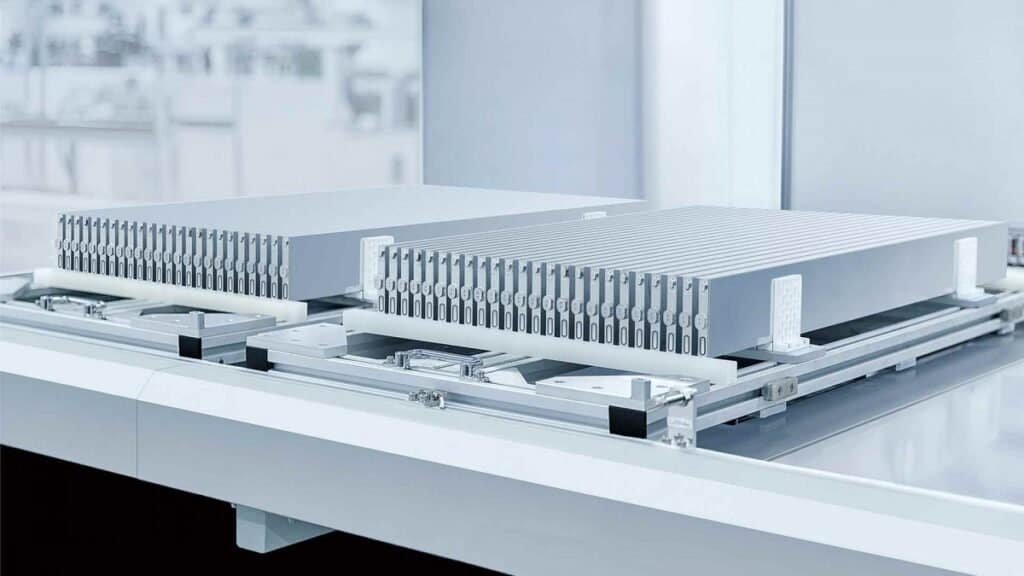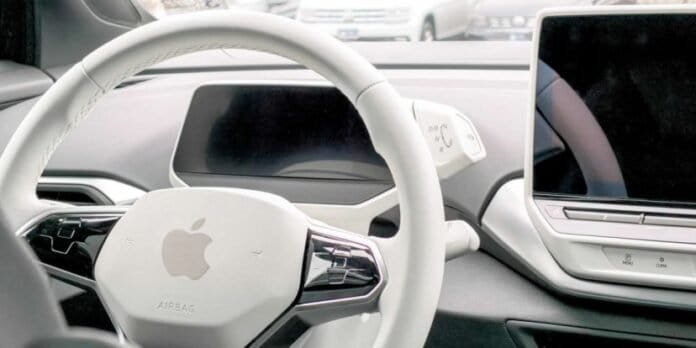Apple collaborated with BYD, the massive Chinese EV and battery manufacturer, to create a ground-breaking battery technology. Collaborations are nothing new in the electric vehicle sector, but one of the most promising ones never materialized. This covert cooperation centered on lithium iron phosphate (LFP) cells and occurred sometime in 2017. The technology is frequently commended for its durability and safety benefits over the EV batteries that were on the market at the time.
Even though Apple finally gave up on its grand automotive project, its collaboration with BYD provides an interesting window into the company’s future plans for electric vehicles. The partnership sought to develop a very specialized battery system made especially for Apple’s future automobiles. The engineers at Apple donated their knowledge of sophisticated battery packs and thermal control, and BYD offered their manufacturing skills and advances in LFP cell technology.

Apple and BYD Collaboration
BYD stressed in a statement that its “Blade battery” technology, which presently powers its entire EV lineup, originated from its own engineers, even though neither business publicly verified the cooperative battery development. On the other hand, people familiar with the development process indicate that lessons acquired from the partnership with Apple had an impact on the design of the Blade battery.
Reportedly, Apple looked for modifications that would greatly increase the range of its electric vehicles (EVs), which is important for user uptake. The business was already investigating different battery chemistries at the time, including as nickel and alkaline, and making significant investments in battery pack research and design to increase cell density.
The goal of the partnership with BYD was to aid in the creation of a long-range battery system that would have distinguished Apple’s electric vehicles. After years of collaboration, Apple ultimately made the decision to investigate battery technologies from other producers. The EV project saw multiple setbacks, and Apple’s ultimate decision to abandon it was probably influenced by the difficult EV market economics.


